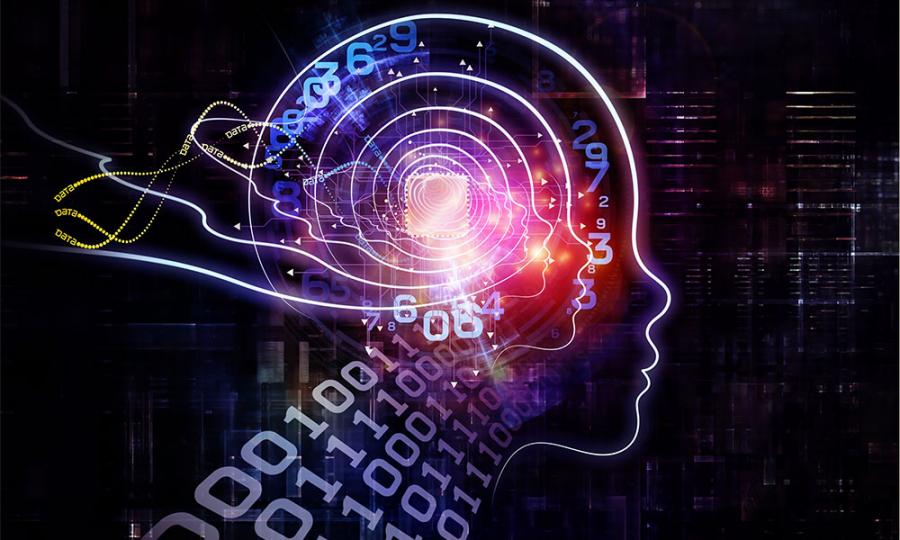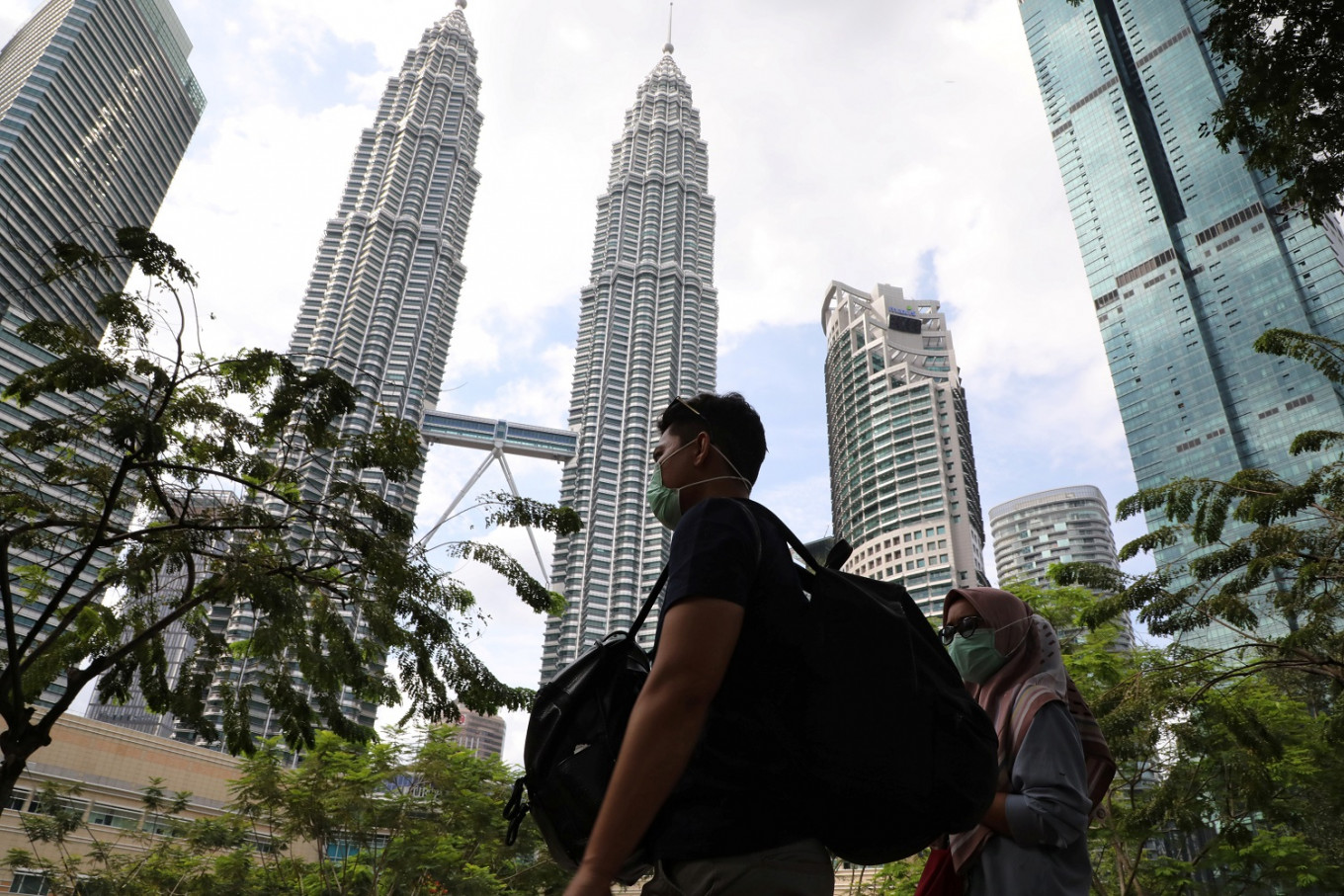
Published by EMIR Research, image from Malaysiakini.
As the world is currently battling the Covid-19 global pandemic, the use of blockchain and AI could be helping the battle to conclude in various forms of positive developments.
This is because technology is needed during this tough moment since most people believe it can play a significant role in the global battle against COVID-19.
The World Health Organization (WHO) and the International Telecommunications Union are also committed to identifying and scaling best evidence-based digital health solutions, and leveraging frontier technologies such as artificial intelligence (AI) and big data to better and faster diagnose and predict outbreaks.
As in New York, the country has used AI to produce granular COVID-19 maps that allow individuals to decide which places to avoid, corporations to manage risk, and governments to deploy resources.
Also, 18,000 brands are now using AI to allow their contact centres to operate remotely and still meet increasing demand as the volume of conversations has increased by about 20 per cent since mid-February by combining with the conversational software.
Blockchain can be defined in the simplest possible terms as a data structure that holds transactional records while maintaining security, transparency and decentralisation.
Since China is also one of the countries with good technology, they are also using the blockchain and robots to the full.
The use of blockchain in China has enabled the country to shorten the cycle of pay-outs for medical and insurance claims and benefit more affected people who need assistance.
Alipay, China’s third-party mobile and online payment platform, with its blockchain-based online information company, leads the field to share epidemic-related materials over mobile apps to help people develop good preventive habits.
Not just that, the country uses robots to distribute food, medicines and products through remote operators to the isolation wards to avoid direct contact.
Malaysia has also not skipped the opportunity to use AI because Huawei Malaysia has been helping the Ministry of Health to contribute Huawei Cloud AI-assisted diagnosis solution to empower local medical workers by offering an AI solution for potential COVID-19 patients in examining the CT images.
The Axial AI system for Tunku Azizah Hospital Kuala Lumpur has been developed by Skymind Holdings, an AI ecosystem builder, to put together information from all relevant patients, curate the data, support accurate diagnosis, early intervention and greater medical performance.
Besides, the COVID-19 situation has affected global markets and many companies are now finding it difficult to keep up with their monthly expenses.
In China, an online bid opening system operated by blockchain called Ant Financial is being used to help small and medium-sized enterprises (SMEs) engage in contactless bidding from remote locations.
Certain businesses will certainly experience the downward trend in sales, earnings, and cash flow and supply chain disruption even during the relaxed version of a lockdown or being called in Malaysia as Conditional Movement Control Order.
As a result of China’s lockdowns, several supply chain disruptions have been reported and the World Economic Forum (WEF) has developed a study highlighting how digitalisation and blockchain can help to reduce the impact of the disrupted supply chain.
IBM also has created a blockchain-based Chainyard solution to simplify and accelerate supplier qualification, validation, onboarding and life-cycle information management while reducing the cost and risk of new embedded suppliers.
In Malaysia, there is a collaborative initiative of the Malaysian Palm Oil Council and a blockchain company called BloomBloc to provide rich data on plantations to help improve crop management and harvesting as well as track working conditions and plantation management.
The essence of AI’s power lies in its seven powerful contributions – sales prioritisation, matching demand and supply, documenting and identifying verification, back-office tasks, cash flow forecasting, medical support, and demand for staff, supply and infrastructure.
Meanwhile Google recently unveiled the Rapid Response Virtual Agent programme that taps and repurposes the Contact Centre AI built for SMEs to assist them in a high volume of COVID-19 related calls.
Additionally, this virtual agent is simple and quick to set up, good for answering questions and directing traffic at the first level of inquiry, saving time and money, and offering better customer service.
Thus, it is encouraged that the SMEs will continue to adopt the AI to reshape business behaviours and rely on technology to help them to get on track even during post COVID-19.
WHO also added that resilient and trustworthy telecommunications networks and services are essential as most countries, businesses and individuals are turning to digital technologies to address and cope with COVID-19’s impact.
It is clear that the world is working together to combat the virus and it appears that technology has had a huge impact on global efforts.
While some countries are currently planning for exit strategy, it is important to note that the core essences of government exit strategies should be digital contact tracing applications, symptom tracking applications and digital immunity certification technologies.
If possible, the exit strategy should also continue to encourage digital and contactless payments, remote work and distance learning to reduce human contact.
This is where technology will continue to play an important role in every sector, bringing more advantages to each country.
Within every crisis, there is an opportunity. So, in this case, it’s about time to rely on the power of AI and Blockchain for the post COVID-19 moment as their capabilities will be tremendously valuable to government, businesses and individuals.
Farhan Kamarulzaman is a Research Assistant at EMIR Research, an independent think tank focused on strategic policy recommendations based on rigorous research.

